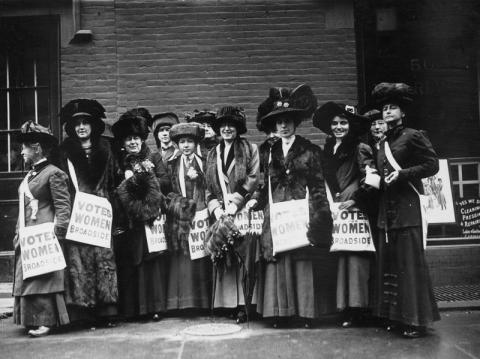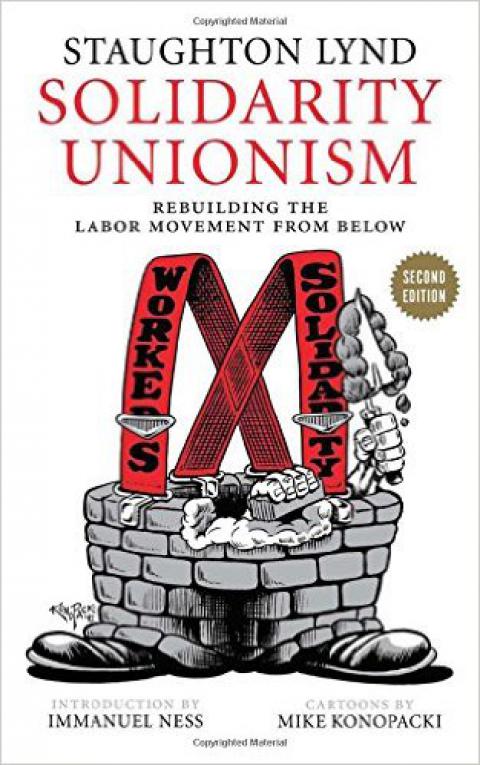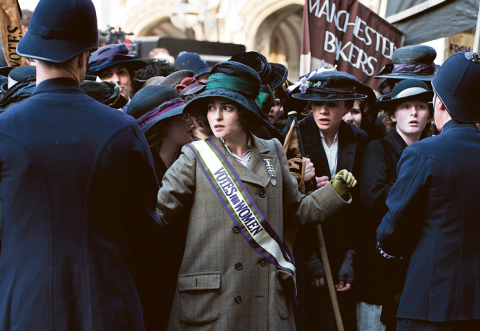Altoona to Anywhere
All That Gorgeous Pitiless Song
Pay attention to your DNA. The idea that you can't go home again assumes a different aspect in California poet Rebecca Foust's rendition: "Kansas one day will turn out to be Oz/and Oz Kansas."









Spread the word